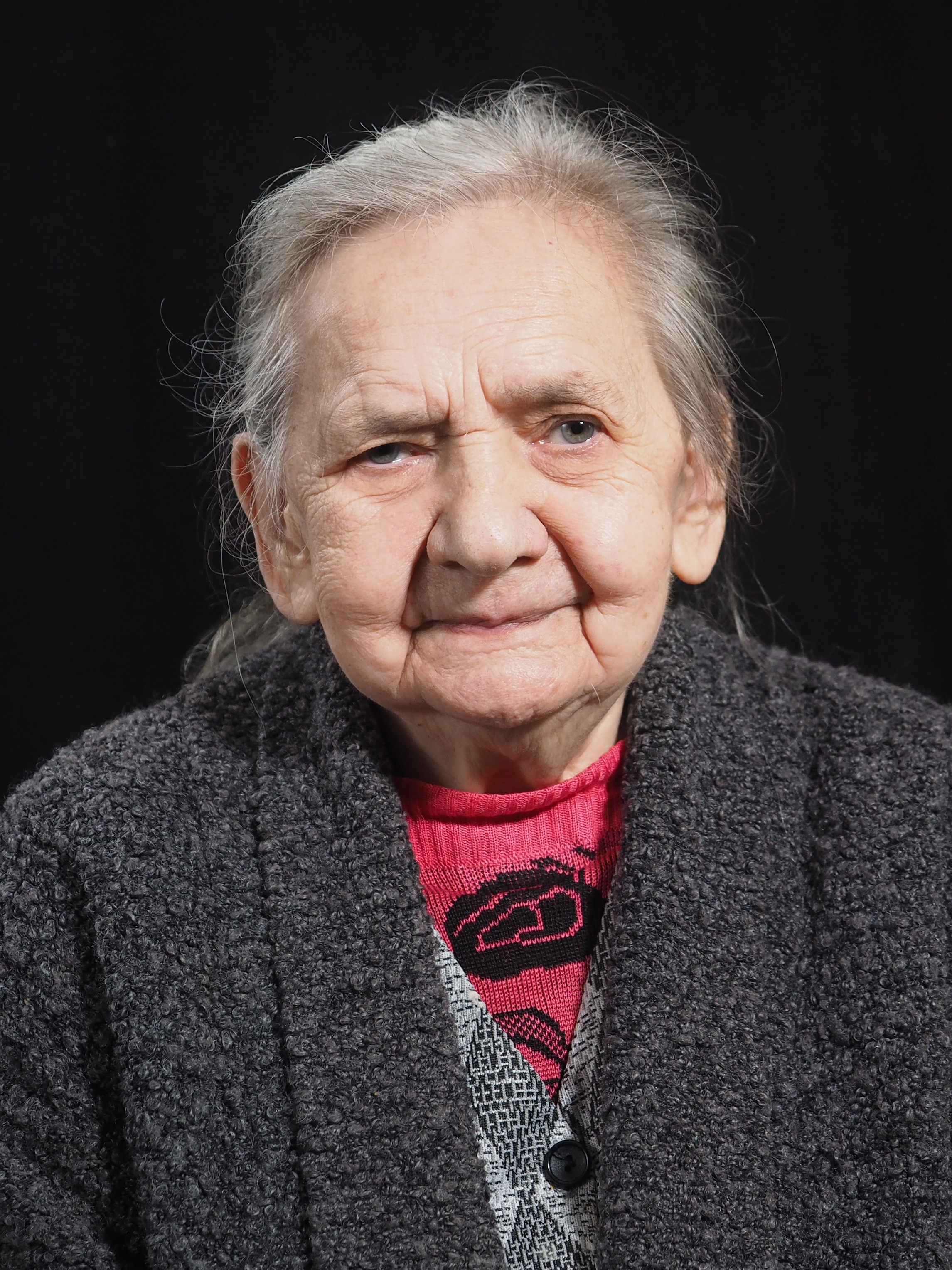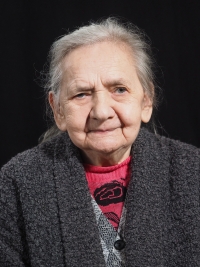They kept arresting Father František Lízna. I prayed for him

Download image
Josefa Bilíková was born on 13 January 1937 in Dolní Bojanovice. She came from a strongly religious Catholic family, and her parents had a small farm. In the 1950s, she witnessed how the communists arrested the Bojanovice parish priest and other villagers. When she was fifteen years old, she went to work in a monastery in Velehrad. She helped care for ill people who lived in the local home for the severely handicapped. In Velehrad, she met a priest, František Lízna, who publicly voiced his disapproval of the communist regime and was arrested several times. Because of this, she was interrogated by State Security. In 1995, she left Velehrad for Vyšehorek near Mohelnice, where she became a parish housekeeper and cooked for homeless people. In 2023, she lived in the Home of the Holy Cross in Kroměříž.
